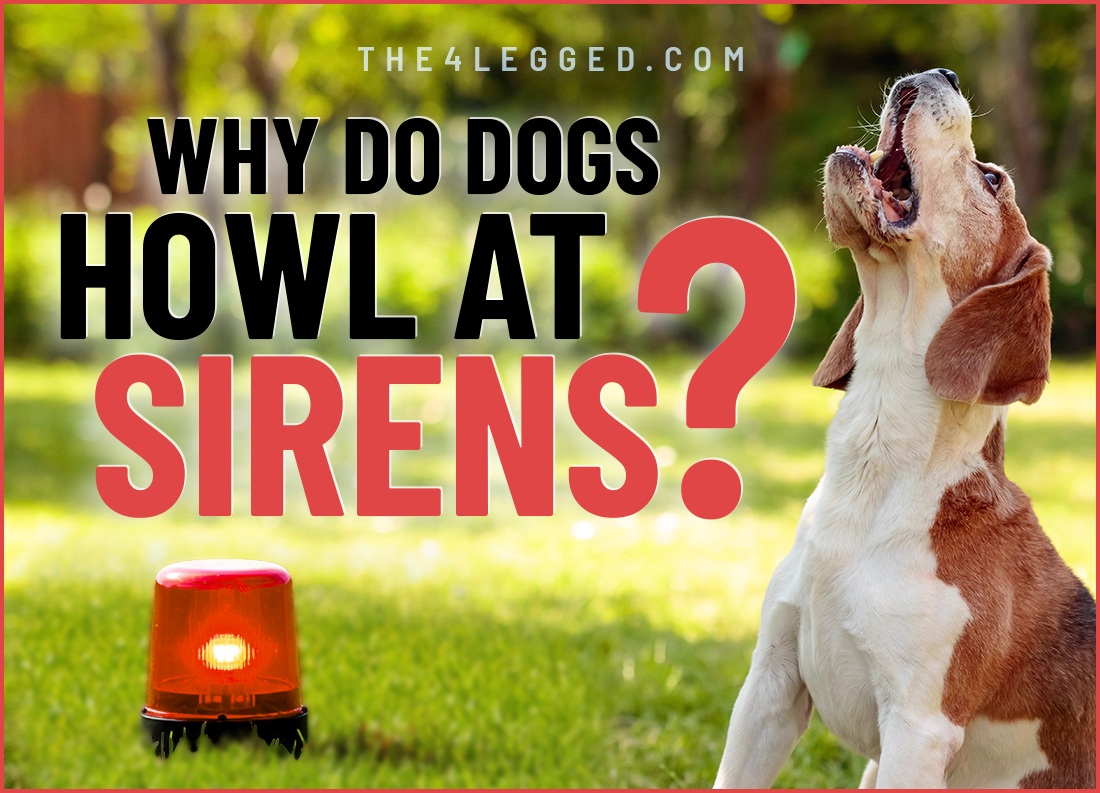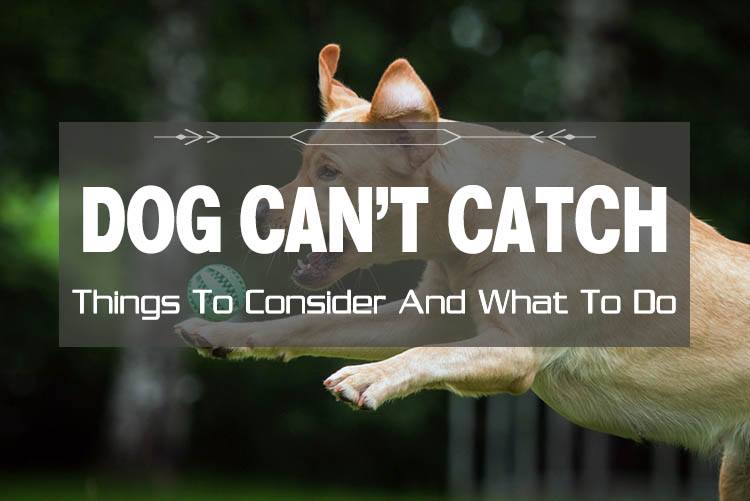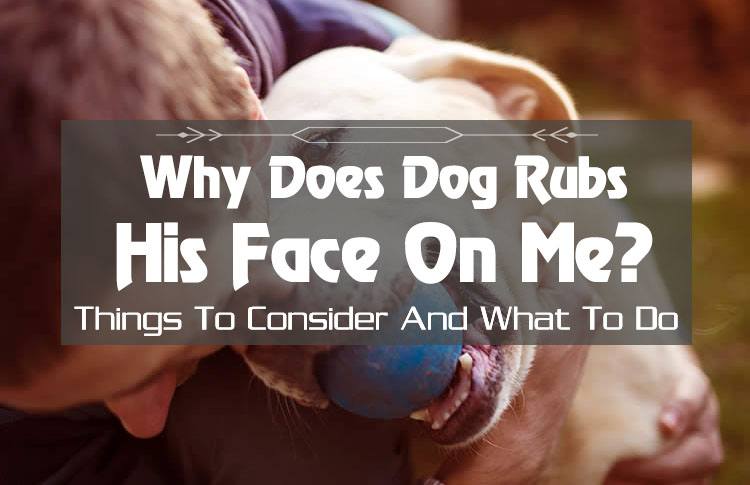Why Do Dogs Howl at Sirens? This common behavior is often triggered by instinctive communication, noise sensitivity, or a dog’s natural urge to mimic high-pitched sounds. With their sharp hearing and strong ancestral ties to wolves, dogs may react to sirens as if they’re distant howls from their pack. In this article, you’ll learn why dogs howl at sirens and discover practical ways to help your pup stay calm when they do.

Key Takeaways
- Dogs howl at sirens as a form of instinctual communication, tracing back to their wolf ancestors who used howling to connect with their pack.
- High-pitched sounds like sirens can mimic the frequency of a howl, prompting dogs to respond by howling or mimicking the noise due to their sensitive dog’s ears.
- To help calm a howling dog, strategies such as distractions, sound muffling, teaching quiet cues, and positive reinforcement training can be effective.
Instinctual Communication
Dogs often howl at sirens because they perceive the sound as a form of communication. This behavior may be instinctual, as their ancestors howled to communicate with each other over distances. Dogs often howl at sirens, including those from fire engines, because they perceive the sound as a form of communication. So, why do dogs howl at sirens? The answer lies deep in their ancestry. Dogs are descendants of wolves, and howling is a key form of communication in wolf packs. When a dog hears the high-pitched wail of a siren, it triggers an instinctual response much like the call-and-response behavior seen in wild canines. This isn’t just a random noise; it’s an ancient form of communication that has been passed down through generations.
Dogs perceive sirens as calls from other dogs or even their wild relatives. The pitch and tone of police sirens closely resemble the howls of wolves, prompting an instinctive chain reaction that is often heard in hunting dogs’ ears when dogs bark. Certain breeds that closely resemble wolves are more prone to howl at sirens and other sounds. Emergency sirens can also trigger similar responses in dogs, especially when they hear the siren sound from other dog, which can indicate a possible danger and scare.
When your dog starts howling at a siren, they are, in essence, communicating with what they perceive to be another member of their pack. This instinctive behavior is a fascinating glimpse into the primal world of canines, showing us that despite thousands of years of domestication, the call of the wild started howling is still very much alive in our pets.
Mimicking High-Pitched Sounds
Another reason dogs howl at sirens is their tendency to mimic high-pitched sounds. The pitch and tone of a siren can resemble the frequency of a howl, particularly that of other dogs or wolves, which can confuse or alert them. When dogs hear these high-pitched noises, they might interpret them as signals from other dogs, prompting them to howl back as a form of communication. This behavior is not limited to sirens; dogs may also howl in response to other loud noises like car horns or emergency vehicle sirens.
Dogs’ hearing is incredibly sensitive, and they can pick up on frequencies that humans cannot. This heightened sensitivity means that loud noises, especially high-pitched sounds like sirens, can be particularly disturbing to dog ears. When a dog hears these loud noises, they might start howling as a way to cope with the disturbance. Additionally, understanding a dog’s ears can help owners manage their pets’ reactions to these sounds. Sirens hurt dogs’ ears, making it essential for owners to be aware of their impact. Furthermore, the sensitivity of a dog’s ears can lead to discomfort during such events.
It’s their way of saying, “I hear you, and I’m responding!” This instinctive behavior, while fascinating, can also be puzzling for pet parents expressing discomfort.
Signaling Location to Pack Members
In the wild, howling serves a crucial function for wolves: it helps them locate one another and maintain group unity. Domestic dogs have inherited this behavior, and when they hear a siren, they might howl to signal their location to their human or other canine pack members. When dogs hear a siren, they might also howl to alert their pack members of a potential danger. This behavior is a way for dogs to connect with their pack and ensure everyone knows where they are.
Howling can also serve to alleviate feelings of loneliness. When dogs hear a distant sound, they might howl as a call for companionship over long distances, hoping to get a response from other members of their pack. This social facilitation is a reminder of their wild ancestry, where staying connected with the pack was crucial for survival. Dog howling can be seen as a part of this instinctual behavior, much like the way wolf howls resonate through the night, echoing the calls of howling dogs.
So, when your pup starts howling at a siren, there are a few reasons they might simply be trying to stay in touch with you, their beloved pack leader.
Breed-Specific Howling
Not all dogs howl at sirens; it often depends on the breed. Certain breeds, especially those closely related to wolves, are more prone to howling. Hounds like Beagles and Foxhounds, which were bred for hunting, have a natural tendency to howl at sirens as part of their instinctive vocalization behavior. Similarly, ancient breeds like Huskies and Malamutes, which closely resemble wolves, are more likely to howl due to their close genetic ties to wolves. Training a puppy to manage howling behavior can be particularly important for these breeds.
These dog breeds are naturally more vocal and have a stronger tendency to respond to high-pitched sounds like sirens. It’s a behavior deeply ingrained in their genetics.
So, if you have a Husky or a Beagle, don’t be surprised if they start howling at sirens more often than other breeds. It’s just their way of expressing their wild heritage and communicating with what they perceive as distant pack members.
Reflexive Behavior Not Linked to Pain
When dogs howl at sirens, they are usually not in pain. Most dogs aren’t experiencing pain or anxiety when howling at sirens; it’s usually just a reflexive or communicative behavior. Some dogs might be howling scared, perceiving the siren as a potential threat. Howling can be a way for dogs to express themselves and receive interaction from their owners. Whether it’s a way to engage with their human family or simply a reflexive response, howling is a normal behavior for many dogs.
Dogs often howl to get the attention of humans. This behavior is a way for them to communicate their needs. Even negative responses like scolding can reinforce the howling behavior. If a dog recognizes that howling gets them a reaction, they might continue doing it to engage with their human family. Understanding that howling is often not linked to pain can help pet owners stop howling and respond more appropriately to manage this behavior effectively as a veterinarian might advise, especially considering the sensitivity of a dog’s ears.
Learned Behavior from Attention
Howling can also become a learned behavior reinforced by attention. Some adult dogs howl when they want attention to get food, treats, or engagement. If a dog howls at sirens and receives attention, even if it’s unintentional reinforcement like comforting or scolding, the dog may continue doing it as a learned behavior to get a reaction from humans. If a dog is scared by the sound of a siren, they might howl to seek comfort from their owners. This self-reinforcing behavior is something many dogs enjoy, and it can be influenced by encouragement from their environment.
Recognize that many dogs don’t howl at sirens at all, which is completely normal. The tendency to howl can vary depending on the dog’s individual temperament, past experiences, and genetics. If your dog howls at sirens, it might be their way of seeking attention, and understanding this can help you manage the behavior more effectively.
Noise Sensitivity and Anxiety
Some dogs may howl at sirens due to anxiety caused by unexpected noises. High-pitched noises can trigger howling due to a dog’s heightened sensitivity to loud sound, which can be particularly disturbing to a dog’s ears. Dogs can hear frequencies from about 40 Hz to 60,000 Hz, which makes them more sensitive to loud noise like sirens and high pitched sound. This heightened sensitivity means that loud noises, especially high-pitched sounds like sirens, can be particularly disturbing to them.
Some dogs with noise sensitivity or generalized anxiety might howl due to stress. If the howling is paired with pacing, panting, or destructive behavior, it may signal fear noise phobia.
Creating a calm environment and using calming techniques can help dogs cope with the stress of loud noises like sirens. Understanding the root cause of their anxiety can help you provide the appropriate support and interventions.
How to Calm Your Dog During Sirens
If your dog howls at sirens, there are several strategies you can use to help calm them. Anxiety can lead dogs to howl in response to loud noises like sirens, so it’s important to find ways to dog stop howling. In addition to howling, look for other signs of anxiety such as pacing or hiding. If these strategies do not work, it may be necessary to seek advice from a veterinarian or professional dog trainer.
Employing calming techniques can make a significant difference. Here are some effective methods to help your dog remain calm during those loud, anxiety-inducing moments:
- Distractions
- Sound muffling
- Teaching a quiet cue
- Gradual desensitization
- Positive reinforcement training
Each dog is unique, so it’s important to find the right combination of techniques that work for your pet. Whether it’s using toys to distract them, playing ambient noise to muffle the sirens, or gradually desensitizing them to the sound, these strategies can help reduce your dog’s stress and promote a calmer environment.
Use Distractions
One effective way to calm your pups during sirens is to use distractions. Engaging your dog with interactive toys or games can help redirect their focus away from the siren. This can be particularly useful if your dog is prone to howling at other loud noises as well.
Interactive play can be a great management technique. When a siren starts blaring, grab your dog’s favorite toy or start a game of fetch to divert their attention. Engaging your dog helps reduce their tendency to howl, keeping them calm until the noise stops.
Sound Muffling Techniques
Sound muffling techniques are essential for creating a calmer environment for dogs in response to loud noises like sirens. Using white noise machines or playing calming music can help reduce the impact of sudden loud noises on your dog’s hearing. This can be particularly effective if your dog is sensitive to high-pitched sounds.
Playing classical music or using a sound machine can help soothe your dog during loud noises by drowning out the siren sounds. Implementing these sound muffling techniques in your dog’s routine can enhance their comfort and reduce their anxiety during unexpected loud sounds.
Teach a Quiet Cue
Teaching a quiet cue can be a useful tool in managing your dog’s howling. Establishing a command for silence, such as “quiet,” can help your dog learn to remain calm during loud disturbances. Using a specific word or signal consistently can aid in training your dog to respond appropriately.
Rewarding your dog for responding to the quiet cue with treats reinforces the desired behavior. Over time, your dog will associate the command with the reward, making it easier for them to remain quiet during sirens or other loud noises. Positive reinforcement is key to this training method.
Gradual Desensitization
Gradual desensitization techniques can help reduce your dog’s adverse reactions to loud noises like sirens. Introducing your dog to recorded siren noises gradually can lower their anxiety response over time. Slowly increasing exposure to these sounds can help your dog adjust and become less reactive.
Encouraging your dog with praise when they remain quiet can enhance their calm behavior. Consistently rewarding your dog for calm behavior during sirens can help decrease their anxiety and improve their overall response to loud noises. This is particularly important for dogs that suffer from separation anxiety, as they may be more prone to howling.
Positive Reinforcement Training
Positive reinforcement training is a powerful tool for encouraging quiet behavior in dogs, including adult dogs. Using treats and praise to reward your dog for being quiet during sirens can help reinforce the desired response. This method is effective in teaching your dog to remain calm during loud disturbances.
When your dog is quiet and not howling at sirens, reward them with treats and pets to encourage that behavior. Positive reinforcement training can help your dog learn that being quiet leads to rewards, making it more likely they will remain calm during sirens and other loud noises.
Consult a Professional Trainer
If howling at sirens becomes a significant issue or causes distress for your dog, it might be time to seek advice from a professional trainer. A professional trainer can help determine if your dog perceives the siren as a potential threat and provide strategies to manage this behavior. Enlisting the help of a Certified Professional Dog Trainer (CPDT) can provide you with guidance on managing howling and other behavioral issues. Ensure the trainer has experience with behavior modification techniques like desensitization.
Professional trainers can offer both group and individual classes to help address excessive howling. They can provide tailored advice and training programs to help your dog cope with loud noises and reduce their anxiety. If you’re struggling to manage your dog’s howling, seeking professional help can make a significant difference.
Summary
Understanding why dogs howl at sirens can help pet owners manage this behavior more effectively. From instinctual communication linked to their wolf ancestry to breed-specific tendencies and learned behaviors, there are several reasons why dogs respond to loud noises with howling. It’s essential to recognize that this behavior is usually not linked to pain but rather a reflexive or communicative action, often influenced by the sensitivity of a dog’s hearing.
Calming techniques such as distractions, sound muffling, teaching quiet cues, gradual desensitization, and positive reinforcement training can help reduce howling and anxiety in dogs. If the behavior becomes distressing, consulting a professional trainer can provide additional support and guidance. For more practical advice on managing canine behavior and anxiety, be sure to check out our trusted dog care resources. With the right approach, you can help your furry friend cope with the stress of loud noises and create a more peaceful environment for both of you.
Frequently Asked Questions
What does it mean when a dog howls?
When a pup howls, it’s often communicating various emotions or responding to high-pitched sounds, like sirens, which can be particularly disturbing to a dog’s ears. Whether seeking attention, expressing loneliness, or attempting to connect with other dogs, howling serves as a vocal expression of their needs and feelings.
What breed of dog howl at sirens?
Dogs like Huskies, Malamutes, and American Eskimos, which closely resemble wolves, tend to howl at sirens, as do hound breeds such as beagles and foxhounds. It’s a natural instinct linked to their ancestral roots and pack behavior.
Training a puppy from a young age can help manage howling behavior in these breeds.
How can I calm my dog during sirens?
To calm your dog during a loud sound like sirens, try distractions like toys or music to muffle the noise, teach a quiet cue, and use gradual desensitization combined with positive reinforcement. These techniques can make a big difference in easing your pup’s anxiety! If these methods do not work, it may be necessary to seek advice from a veterinarian or professional dog trainer.
When should I consult a professional trainer for my dog’s howling?
If your dog’s howling at sirens is causing significant issues or stress, it’s best to seek advice from a Certified Professional Dog Trainer who can help with behavior modification. They have the right expertise to guide you through effective solutions. They can help determine if your dog perceives the siren as a potential danger and provide strategies to manage this behavior.




